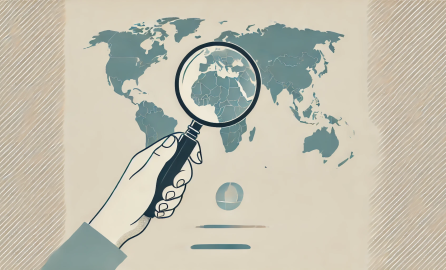Who holds power? How do they exercise it? And what are the implications? These are just some of the practical questions political economy assessment tools seek to answer, according to Heather Marquette of the UK’s University of Birmingham.
Political Economy Assessments are not a magic wand for development practitioners. They can’t push through an agenda, don’t offer quick fixes or take away risks associated with reform.
But they can help development workers understand the terrain in which they are working, better understand the feasibility of the reform they are pursuing and analyse, and therefore better manage, any associated risk.
This makes them an essential tool and one that an array of donors are increasingly utilising, including the World Bank, which has an expressly non-political mandate.
Dr Marquette, who gave a presentation on the approaches and challenges of the political economy approach at a recent European Commission-organised seminar, advises development practitioners incorporate political economy analysis tools into their operations.
“What we recommended is that they actually look at how things are defined and understood in their own countries – even if that might involve undertaking a bit of analysis,” said Dr Marquette. “It’s not just assuming the definition they have their mind is shared by their counterparts.”
For Dr Marquette, who is a Senior Lecturer in Governance at the International Development Department of the UK’s University of Birmingham, political economy analysis is a relatively new approach that could significantly shape how donors operate.
“The issues around politics and how donors deal with politics on the ground is a huge new area and something where there’s not a lot of comfort yet – or a lot of answers - but there’s an awful lot of questions,” she said.
“A lot that the political economy analysis touches on, like how you deal with governance and corruption in very fragile states, state building and aid policy and so on, will possibly shape the way that donors behave and they way they do their jobs because it does complicate things,” she said, adding: “But perhaps that’s not such a bad thing”.

Log in with your EU Login account to post or comment on the platform.